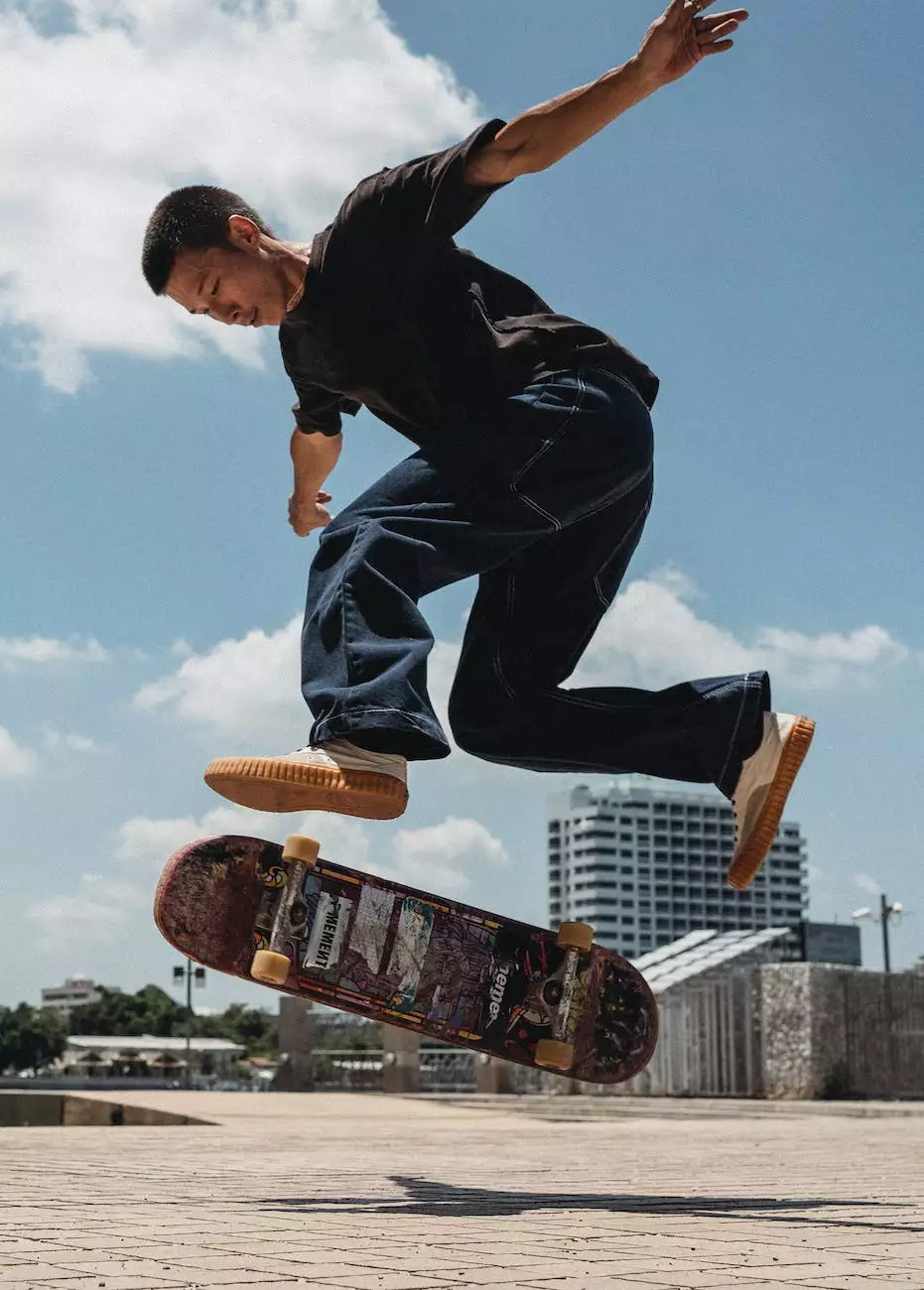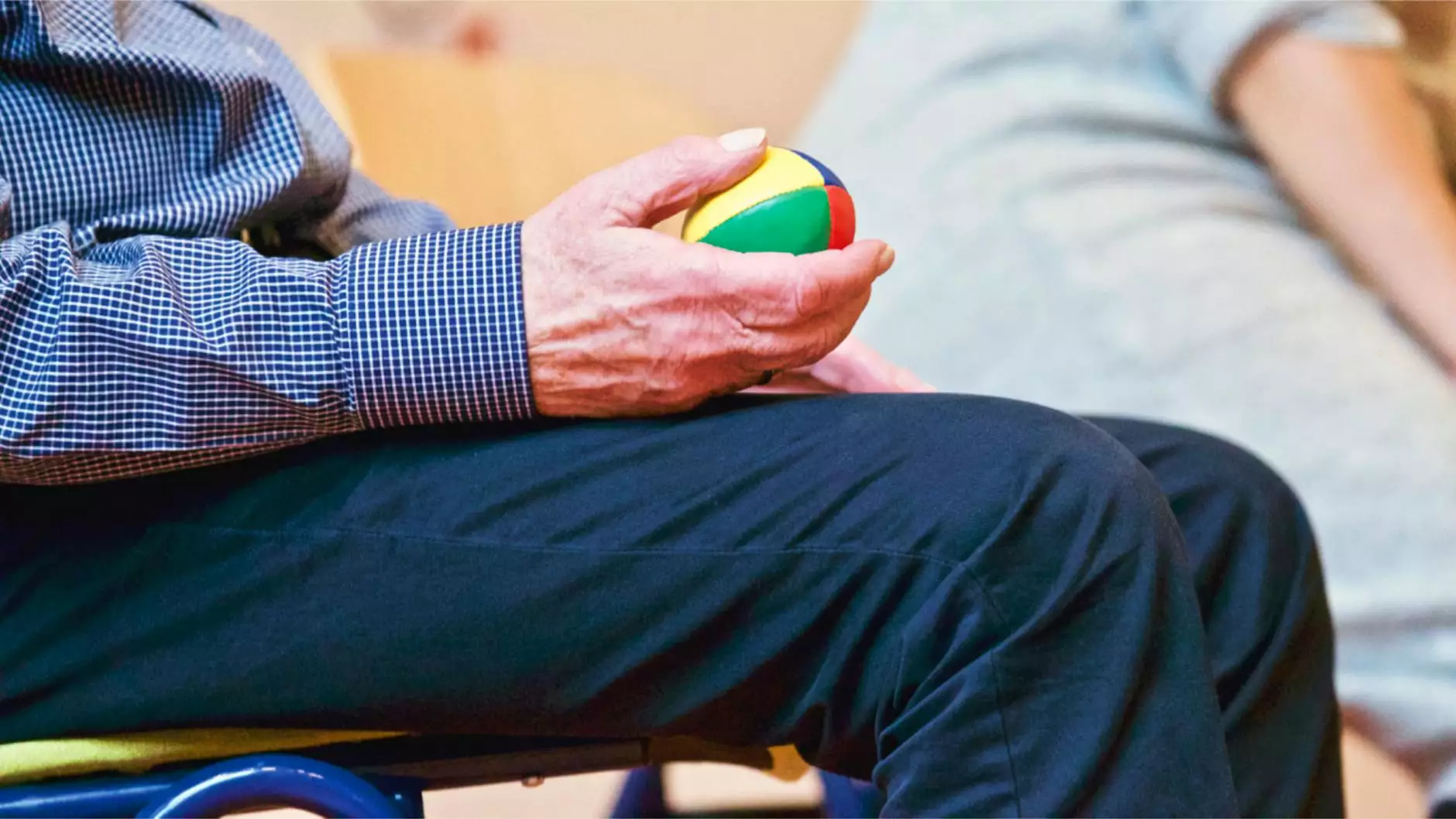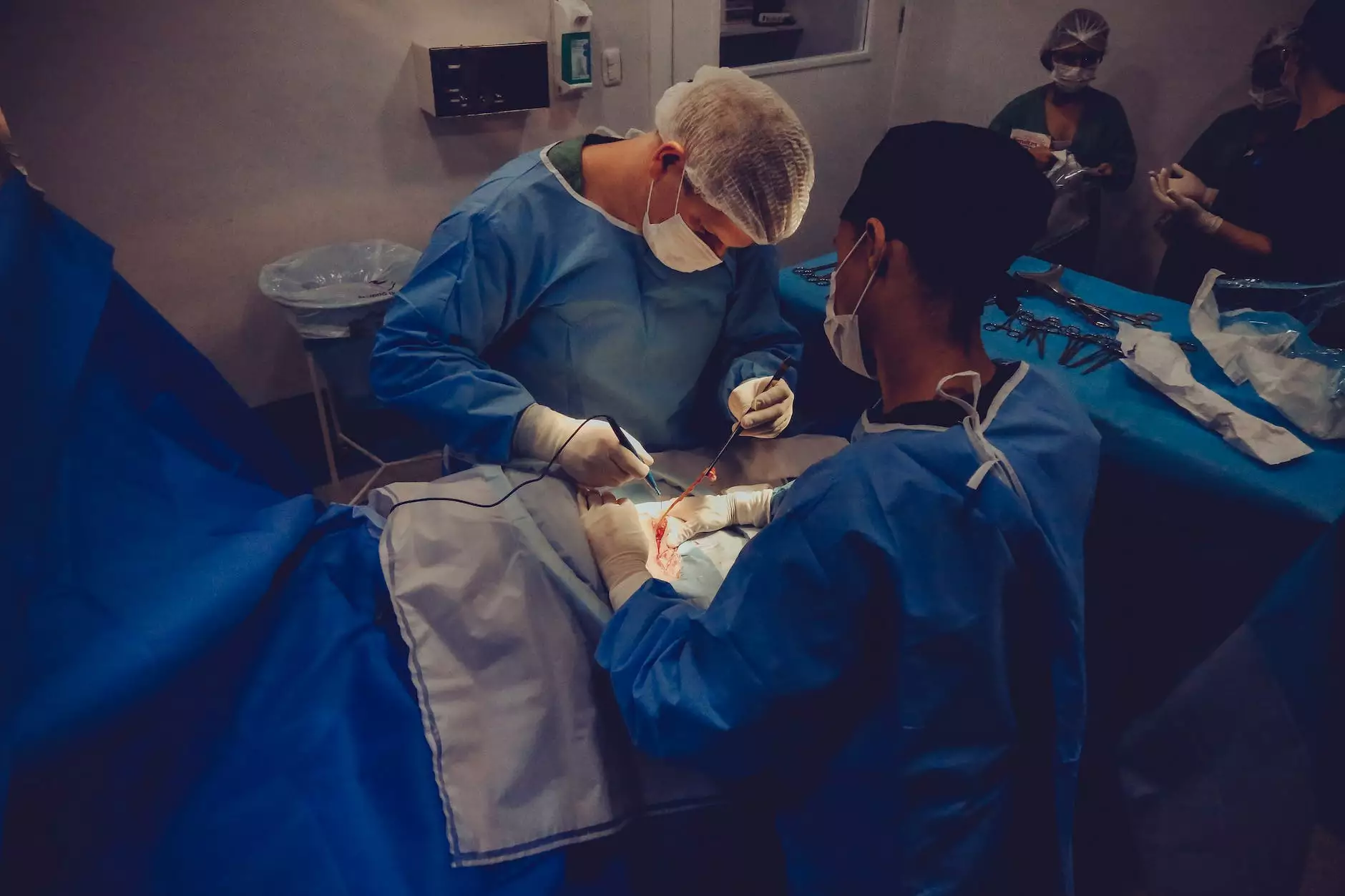Extreme Exercisers May Have Higher Odds for ALS
Blog
Welcome to Bowling Orthopaedics, where we provide comprehensive information on various health conditions and concerns. In this article, we will explore the potential link between extreme exercise and higher odds of developing Amyotrophic Lateral Sclerosis (ALS).
The Science Behind Extreme Exercise and ALS
ALS is a neurodegenerative disease that affects nerve cells responsible for voluntary muscle movements. While the exact cause of ALS is still unknown, research suggests that certain factors, such as genetics and environmental triggers, may play a role in its development.
Recent studies have raised concerns regarding the potential connection between extreme exercise and ALS. It has been observed that individuals who engage in excessive levels of physical activity, particularly endurance-based exercises, may have a higher risk of developing ALS compared to those who engage in moderate exercise.
One hypothesis suggests that prolonged and intense exercise may lead to the accumulation of metabolic byproducts and increased oxidative stress in the body. These factors can potentially contribute to the degeneration of motor neurons, which are affected in ALS.
Understanding the Relationship
While the research is still evolving, it is essential to understand that the relationship between extreme exercise and ALS is complex and multifactorial. It is not a direct cause-and-effect relationship, but rather a potentially modifiable risk factor.
It is important to note that engaging in regular physical exercise has numerous proven health benefits and should not be discouraged. Moderate exercise, under proper guidance, remains an integral part of maintaining a healthy lifestyle.
Identifying Warning Signs
If you are an extreme exerciser or participate in endurance sports and are concerned about your risk for ALS, it is crucial to be aware of potential warning signs. While experiencing these symptoms does not automatically mean you have ALS, it is essential to consult with a healthcare professional for a proper evaluation:
- Persistent muscle weakness or loss of muscle power
- Cramping, twitching, or fasciculations in the muscles
- Slurred speech or difficulty swallowing
- Involuntary weight loss
- Difficulty with fine motor skills
Keep in mind that these symptoms can occur due to various other health conditions, so it is essential not to jump to conclusions without seeking medical advice.
Preventive Measures and Managing Risk
While the exact mechanisms linking extreme exercise and ALS are still being studied, there are certain steps you can take to minimize potential risks:
- Consult with a healthcare professional: If you are an extreme exerciser or engage in endurance activities regularly, it is advisable to discuss your exercise routine and concerns with a medical expert who can provide personalized guidance.
- Listen to your body: Pay attention to any unusual symptoms or discomfort during and after exercise. If you experience persistent issues, it is crucial to consult a healthcare professional promptly.
- Maintain a balanced approach: While pushing your limits can be exhilarating, it is essential to find a balance between challenging your body and providing it with adequate rest and recovery.
- Stay informed: Keep updated with the latest research and recommendations concerning the relationship between extreme exercise and ALS. New insights can help shape your exercise choices and overall wellness practices.
Conclusion
At Bowling Orthopaedics, we believe in providing comprehensive information to help individuals make informed decisions about their health and wellness. While the potential link between extreme exercise and higher odds for ALS is a topic of ongoing research, it is important to approach the subject with openness and caution.
Remember, maintaining overall physical health through regular exercise, under proper supervision, is still crucial in preventing various health conditions. If you have concerns about your exercise routine or are experiencing any symptoms, it is always best to consult with a healthcare professional for a personalized evaluation and guidance.
For more information or to schedule an appointment, visit Bowling Orthopaedics today.










